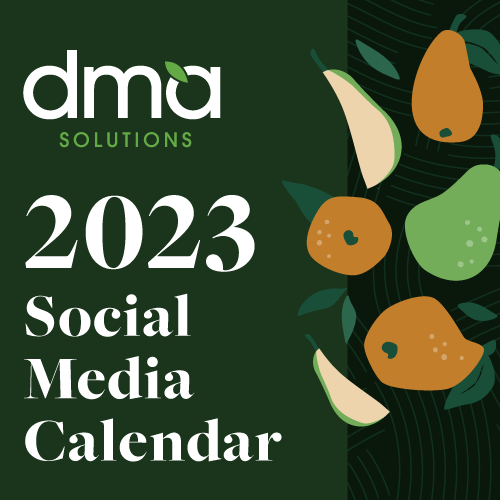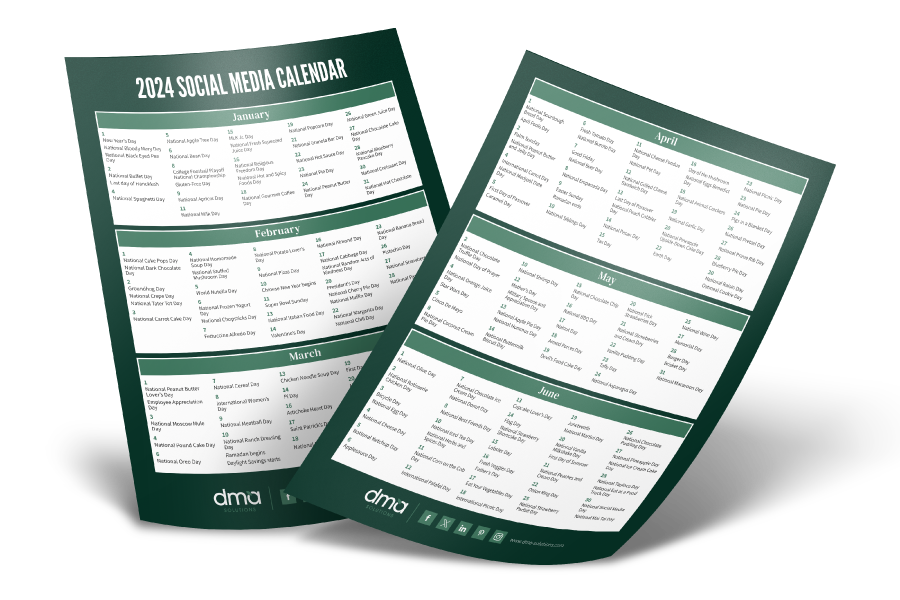
In marketing, visibility is key, and search engine optimization and organic search rankings are a big part of that. Is your website and brand being “found” online? If it’s not, this is an indicator that it might be time to rework your website. It was once a best practice to have as many keywords as possible, but now new Google updates have ensured that websites publishing original, high-quality content to their site on a regular basis will perform best in the rankings. This means your website might need to change to accommodate these updates. And like with many things in life, moving up in the rankings takes time, but we believe these 5 tips will start you on a good path:
5 Tips to Improve Your SEO
Love to Link
Linking to relevant content is always a good thing. Whether referencing your own site’s content (because you’ve blogged about it before) or linking out to other websites (because they reinforce what you’re sharing), creating a “web” of links is a great way to strengthen your organic search rankings.
Also remember to check your site for broken links; these will hurt your site’s credibility both with your reader and with the “search engine gods.”
Post Frequently
In the Organic Search Ranking game, what’s old is just – old, and therefore pushed to the back of the internet, or at least to a page number that doesn’t even show up on your search page menu.
Stay relevant by staying current. Post new content (whether it’s blog posts, recipes, new promotions, etc.) at least once a week and you’ll have a better chance of showing up on that most coveted first page of search results. This is another reason why having a blog REALLY helps boost your brand’s overall presence.
Be Straightforward and Upfront
We notice that some brands, for the sake of creativity, tend to forget that titles matter just as much as the rest of the content. Make sure to present your content clearly by using descriptive and straightforward page titles that identify exactly what content can be found on the page.
For example, if this blog post was simply titled “Organic Search” or “Get Found,” it likely would not come up when people search for “tips for search rankings” or “improve organic search rankings.”
Guest Blog Away
We can’t encourage brands enough to write guest blogs and have guest bloggers post to their own blog. We believe in sharing what you can, when you can – as long as it’s relevant! Reach out to like-minded growers and bloggers to ask them if they can write for your site and you can contribute to theirs. Could you get your customers involved too? What an opportunity!
Identify Keywords
Yes, we did mention that having as many keywords as possible is not as important anymore. BUT this doesn’t negate the need for effective, long-tail keywords and your search rankings. Descriptive and relevant keywords are the search terms people use to find what they’re looking for – which is your website. Spend time looking into your analytics to see what people are typing in that leads them to your website, and incorporate those long-tail keywords into your strategy.
If you dedicate a little extra time to implement these tips, you’ll be well on your way to improving your website performance and increasing your brand awareness to get found online.
Still unsure if you have the time or resources to get things done? We would love to help! Request a website assessment with DMA Solutions by contacting us at info@dma-solutions.com.
Have something to add? Leave us a comment below or reach out to us on Twitter @TheCoreBlog!
{{cta(‘fbc3d34f-cf67-49f8-9826-6a9a4c06733c’)}}











